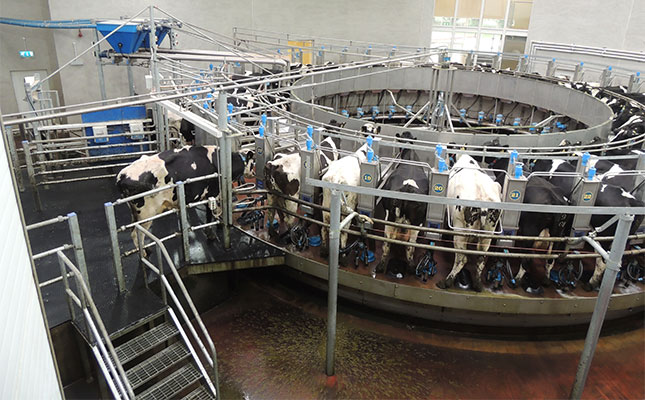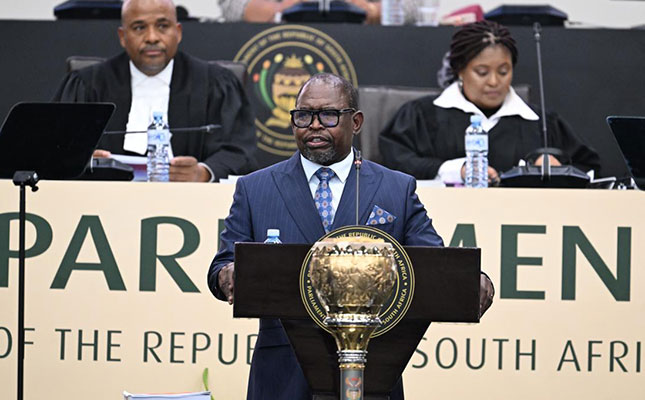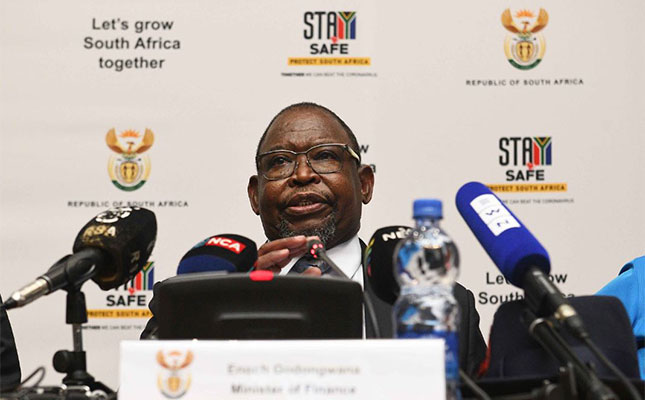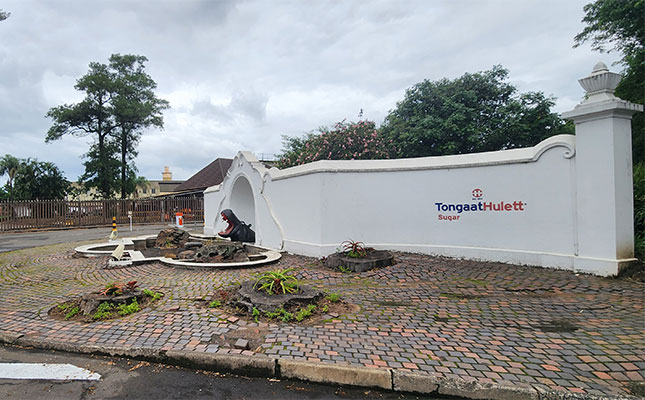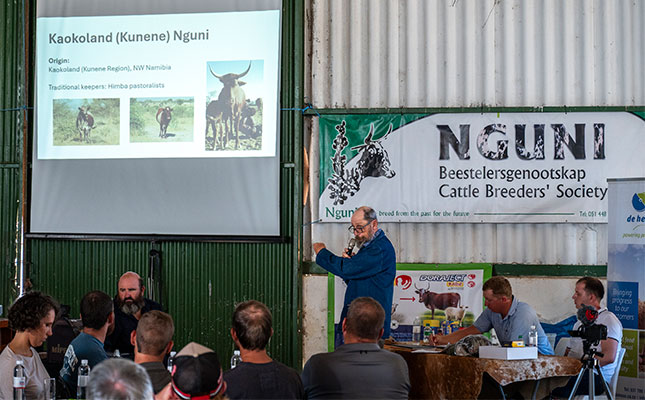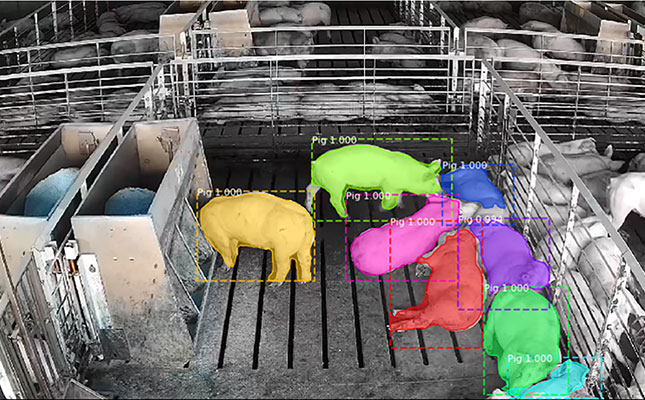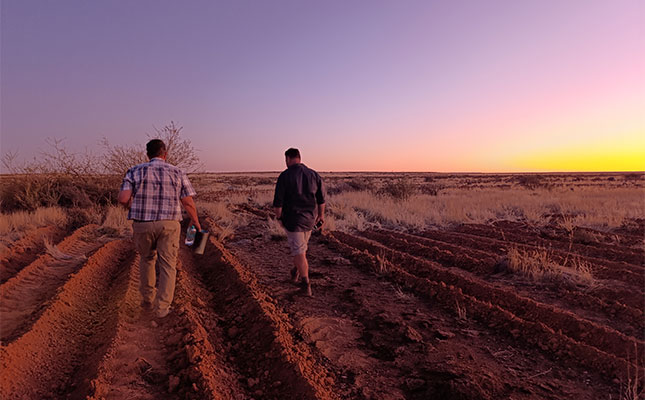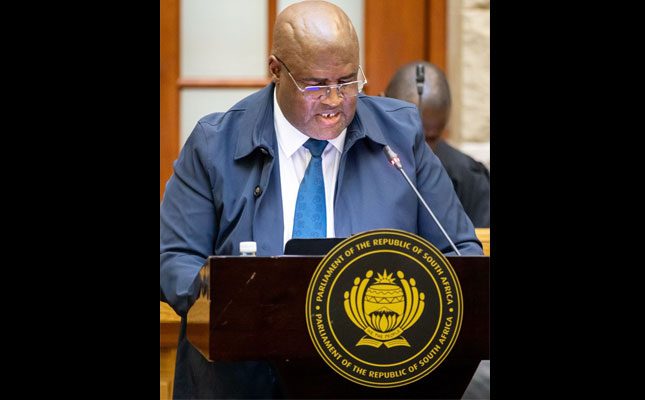
In his speech, Nyhontso cited the budget as “a commitment to redress[ing] equitable access to land for all and to improve the lives of people, especially those residing in rural areas”.
“Land is a foundation of identity, dignity, and economic prosperity. Land is a key component of the factors of production. Therefore, without land, any aspiration of socio‑economic development remains just that – [an aspiration,” he added.
Budget allocation
According to Nyhontso, the 2025/26 budget was firmly aligned with land redistribution, tenure reform, and restitution.
“Land redistribution and tenure reform, and restitution have received the largest share, amounting to R6,168 billion or 63% of the total allocation. The land redistribution and tenure reform branch [of the department] has been allocated R1,073 billion [of the R6,168 billion]. From this [allocation], R559 million has been set aside to acquire and allocate 44 000ha of land,” he explained.
Nyhontso said that the department would continue working on long-standing applications from labour tenants lodged before March 2001. However, he acknowledged that “the area of tenure security for labour tenants, including the continuing spate of illegal evictions, remains an unacceptable situation”.
He added that the Commission on Restitution of Land Rights had been allocated R3,7 billion of the R6,168 billion for the current financial year.
“The speed with which the claims are settled is heavily reliant on the allocated budget year-on-year. To address the challenge of expediting the pace of settling the old-order land claims (those lodged before the original cut-off date of 31 December 1998), the commission is streamlining processes, underwritten by new policies and standard operating procedures, as part of an acceleration strategy.
“However, additional financial and human resources will still be required, and in general terms, we have to focus on enhancing the efficiency of the offices of the land claims commission in the whole country,” Nyhontso explained.
Rural development was allocated R891,7 million, about 9% of the total R9,82 billion budget.
“It should be borne in mind that the rural development functional area is a multisectoral undertaking. It should not be equated [with] agriculture or reduced or limited to the provision of basic services.
“Its critical objective is also to empower the inhabitants of the rural areas at the household and community levels to rise to an extent of becoming meaningful producers who can also engage in entrepreneurial initiatives and in a range of income-generating activities. All that we have to do is provide the democratic space and essential tools to support these long-suffering communities to reach their full developmental potential,” Nyhontso said.
According to the minister, land administration had received R792,3 million or 8% .
“In line with the Medium-Term Development Programme, our department’s plan for the 2025/26 financial year includes the development of a framework, known as the National Spatial Observatory, which will provide a road map for establishing a centralised platform to track spatial planning implementation. It will also support data-driven decision-making.
“As part of our strategic drive to realise a spatially just and inclusive South Africa, the department is leading reforms and institutional programmes aimed at strengthening spatial governance across all spheres of government,” Nyhontso said.
He added that the department had allocated R22,847 million to the Ingonyama Trust and R65,44 million to the Office of the Valuer-General.
“In addition, we appreciate the need to strengthen our capacity to deliver on our mandate by creating a conducive environment for the employees of the department to perform their duties as expected, by among other interventions, completing the fit for purpose structure. In this financial year, the necessary resources will be derived from the budget of R1,968 billion, or 20% [of the total 2025/26 budget].”
Improving governance and support
During his speech, Nyhontso said the department was also addressing dysfunction in communal property associations (CPAs) by establishing an independent CPA office and rolling out training and governance support. A national CPA Indaba would follow a series of roadshows to strengthen local leadership.
He also acknowledged ongoing challenges: “A particular focus is to address the phenomenon of poor performance of land reform projects and inadequate pre‑ and post‑settlement support for beneficiaries.”
Speaking to Farmer’s Weekly, Agbiz chief economist Wandile Sihlobo said the budget translated to strategic investments in land access and tenure security, particularly for smallholder and emerging farmers.
“We welcome the budget vote speech. Still, we need increased focus on the release of the 2,5 million hectares of land currently on the government’s books to appropriate beneficiaries with title deeds. For South Africa’s agriculture to continue to prosper and become more inclusive, government must begin to release this land to the appropriately selected beneficiaries. This process would ensure that, over time, we see an increase in black farmers’ share in commercial agricultural production,” he said.
“We will also need increased collaboration with the private sector and organised agriculture in empowering the new land reform beneficiaries. The ministry and Department of Land Reform and Rural Development must lead this way,” Sihlobo added.

